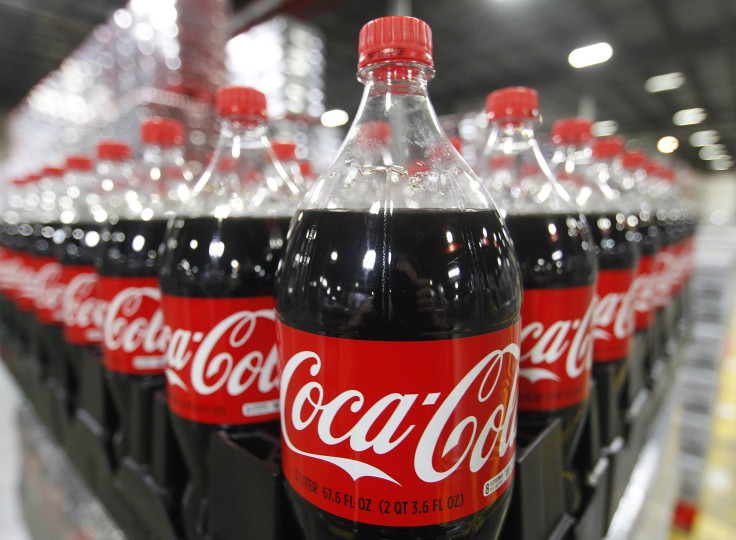PepsiCo (PEP) And Coca-Cola (KO) Expand In Emerging Markets But Struggle In Americas

Beverage giants PepsiCo, Inc. (NYSE:PEP) and the Coca-Cola Company (NYSE:KO) are faring well in emerging markets, despite recent economic turbulence there, even as drinks sales falter in developed markets like North America, according to remarks at a consumer conference on Wednesday.
Speaking at the Boston conference, Pepsi President Zein Abdalla contrasted the company’s booming business in China, Russia and emerging markets to a “much more challenged” environment for drinks in North America.
“A significant part of [Pepsi’s] growth going forward will come from emerging markets,” said Abdalla. Revenues from such markets now account for a third of Pepsi’s revenue, he said.
But Pepsi’s North American operations are still important, he added, partly because they provide a base from which the company launches global scaling strategies.
Overall, the United States is still the largest single market for the company, which also sells snacks like Lays potato chips and juices like Tropicana.
Similarly, Coca-Cola International President Ahmet Bozer told investors that more than two-thirds of Coke’s business relies on emerging markets.
There the focus is on maximizing sales and customer loyalty, while in developed economies their strategy is to widen profit margins with more productivity and innovation, he said.
“When it comes to emerging markets, it is very important that we build habits with teenagers,” said Bozer. “In developed markets, the emphasis must be on more innovation, so that we can also appeal to the growing adult population.”
“The opportunity that we see in China is still huge,” he added, though he dismissed disappointing second-quarter sales in China as an “anomaly” brought on by factors like the weather.
Coke is betting heavily on urbanization and a flourishing middle class to add tens of millions of new customers in markets spanning from Asia to Africa, where per capita consumption is still very low, said Bozer.
In its latest quarter, Pepsi reported a slight 1 percent decline in net revenue from North American drinks, compared to a 14 percent revenue boost from Asia, the Middle East and Africa.
Sales volume declined 4.5 percent for Pepsi’s North American drinks in the latest quarter. For Coke, sales volume grew 1 percent in the Americas in the second quarter.
A Pepsi spokeswoman declined to elaborate to IBTimes on Abdalla’s remarks about a challenged American beverages business and didn’t provide an update beyond the latest quarter’s results.
In spite of a flagging American business, though, Pepsi is faring well in China, where it claims it placed top for combined food and drink sales in 2012, citing Euromonitor statistics.
“The refranchising to Tinyi in China has gone exceptionally well, despite slowdowns in GDP,” said Abdalla at the conference.
In Russia, too, Pepsi boasts the top food and drinks business, said Abdalla. Coke, in contrast, seeks to build out its South East Asian operations further.
Abdalla also said the company is refocusing on its so-called nutritional and healthy products, a strategic move given regulatory and consumer trends.
Recent new products at Coke and Pepsi include Pepsi’s Mountain Dew Kickstart Your Day drink, worth $100 million in its first year of business, which Abdalla hopes will replace coffee as a morning drink of choice for millennials.
According to an August Citigroup Inc. (NYSE:C) note, fizzy soft drinks were still the top-selling product category in groceries over the past year, even though sales of such drinks fell slightly, by 2.4 percent from the year before.
© Copyright IBTimes 2025. All rights reserved.






















